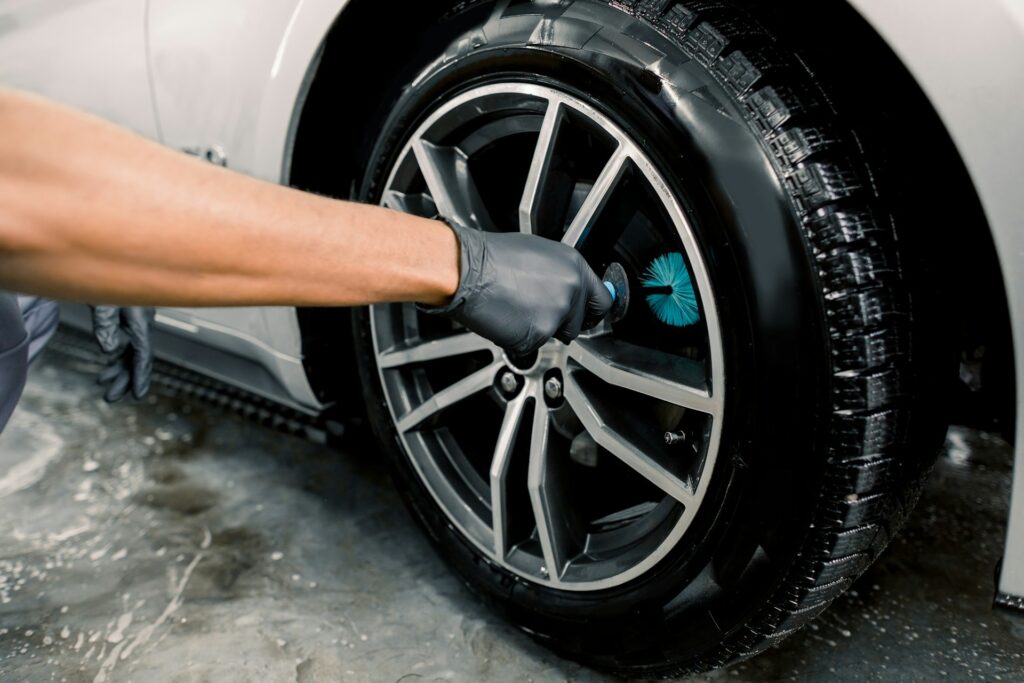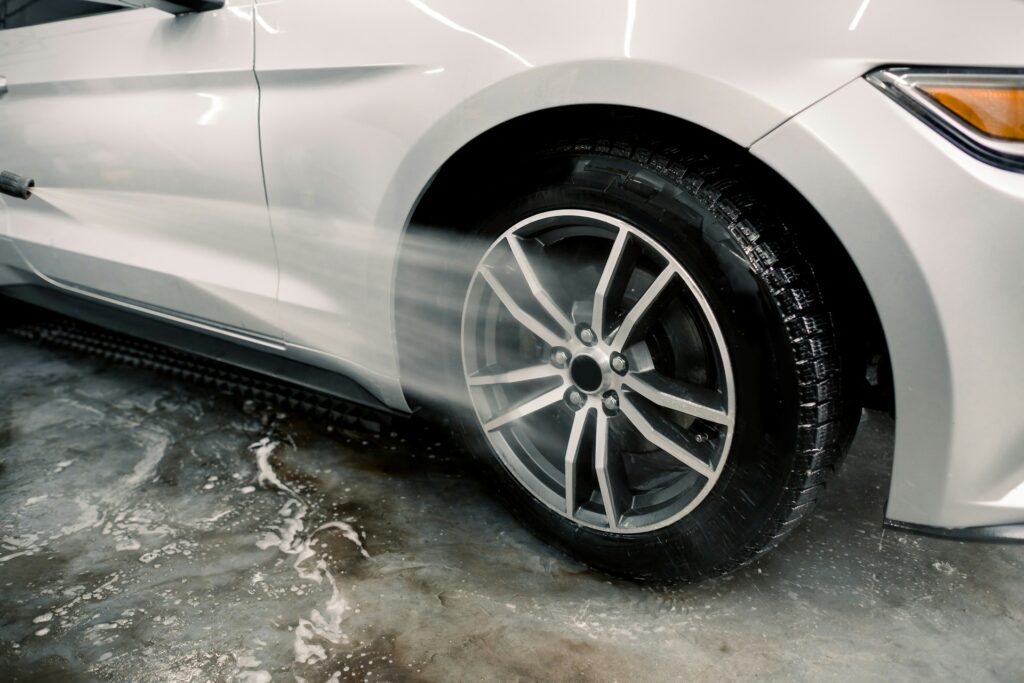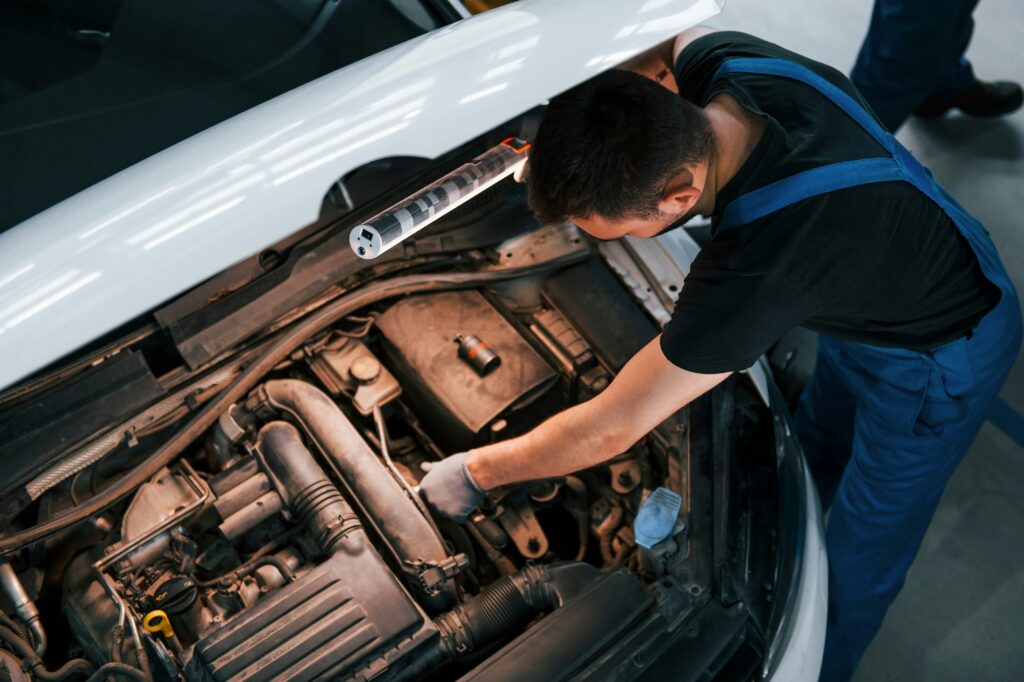Keeping a car running, in good nick and looking fly can be an expensive undertaking, to say the least. It’s essential if you want to avoid spiralling costs, then, to look after your vehicle with love, respect and thought at all times.
Regular car inspection, maintenance and repair will ensure that future repair costs are minimised; why all UK drivers shouldn’t underestimate the importance of proper car care in keeping costs down. With that in mind, here’s our IDEAL guide to common sense car care tips.
Avoiding Problems
Prevention is better than cure, as they say, and this is certainly true for car care. If you keep on top of any potential issues, then critical, costly ones later down the line are far less likely. So, stick to your car’s service schedule and carry out basic checks by reading through your car’s handbook regularly.
Daily Checks
There are several checks you should be making on a daily basis to ensure things are ticking over as they should be. This doesn’t mean getting the clipboard out and making notes, but rather having a little awareness each time you get in your car.
- Be alert for signs of change, such as the engine running less smoothly, the breaks feeling less responsive than usual, or the steering feeling vaguely odd.
- If when you start the car, the engine turns over more slowly than usual, your battery might be at the end of its life. Take it to a garage or fast fit operator; many perform battery checks for free.
- Keep an eye on the tyres. Any cuts, damage or reduction in pressure need urgent attention.
- Be aware of the fuel gauge. An empty tank or putting the wrong fuel into the car are all-too-common causes of breakdown.

Weekly Diligence
The same goes for weekly checks, though here some actual effort, aside from simply noticing changes, will be required. Don’t resent it; your car (and bank balance) will pay your good work forward.
- Check tyre pressure, and if necessary adjust them to the correct level shown in the car handbook, the sticker inside the fuel flap, or on the door pillar. Don’t forget to check the spare tyre and give all tyres a look over, checking for lumps, splits and cracks.
- Check and top up the windscreen washer bottle, and include an additive to tackle grease, squashed flies in summer and ice in winter.
- Clean your car, wash the windows and wipe all the lights to keep you safe. Check for any blown bulbs.
- If your car doesn’t have a sealed-for-life battery, check the level in the cells and top up with distilled water as necessary.
& Monthly…
What? There’s more? Well, nobody said this would be easy. There are also monthly checks you should be making to maintain your car’s safety and performance.
- Check the level of oil in the engine and ensure it’s between the maximum and minimum marks on the dipstick.
- Check for sufficient liquid in the cooling system. Top up as necessary, and include antifreeze in the mixture, both in winter and in summer. This helps protect against overheating, as well as frost damage.
- Give the car a good wash and polish to keep the paintwork in top condition.
- Watch for the first signs of rust forming and have it treated before it gets worse. Look for signs of water leaks inside. Check tyre tread depths and look for signs of uneven wear, hinting at possible suspension problems.
Whilst we don’t want to bore you, there are yearly checks too.

Seasonal Maintenance Matters
Just as we adapt our wardrobes to the changing seasons, our cars require different care approaches throughout the year. Winter demands particular attention to antifreeze levels, battery health, and tyre condition. Summer brings its own challenges, with cooling systems working overtime and air conditioning units requiring regular servicing. Spring and autumn are ideal times for thorough inspections and addressing any issues that developed during the more extreme seasons.
Understanding Warning Lights
Modern vehicles are equipped with sophisticated diagnostic systems that communicate through dashboard warning lights. While it might be tempting to ignore these illuminated signals, they’re your car’s way of flagging potential issues before they become serious problems. The moment you spot an unfamiliar warning light, consult your owner’s manual. If in doubt, booking local car garages for a diagnostic check could save you from costly repairs down the line.
The False Economy Of Skipping Services
Many drivers view regular servicing as an unnecessary expense, particularly when their vehicle appears to be running smoothly. However, this approach often proves penny-wise and pound-foolish. A full service history not only maintains your car’s performance and safety but also significantly impacts its resale value. Consider this: the cost of regular oil changes is minimal compared to replacing a seized engine, and fresh brake fluid is considerably cheaper than failing brakes.

DIY vs Professional Maintenance
While there’s much you can do yourself to maintain your vehicle, it’s crucial to know your limitations. Basic tasks like checking fluid levels, changing wiper blades, and replacing air filters are well within most owners’ capabilities. However, modern cars are increasingly complex, with interconnected electronic systems that require specialist knowledge and equipment to diagnose and repair properly. When in doubt, always defer to qualified professionals.
Environmental Considerations
Responsible car maintenance isn’t just about keeping your vehicle running efficiently—it’s also about minimising its environmental impact. Regular maintenance helps ensure optimal fuel consumption and reduces harmful emissions. Simple steps like maintaining correct tyre pressure can significantly improve fuel economy, while promptly addressing oil leaks prevents environmental contamination. Consider using eco-friendly products for cleaning and maintenance where possible.
The Bottom Line
Proper car maintenance isn’t merely about preventing breakdowns or preserving value—it’s about safety, reliability, and peace of mind. While the numerous checks and maintenance tasks might seem daunting, they quickly become routine with practice. The key is to develop a systematic approach, keeping detailed records of all maintenance work and upcoming service requirements.
Remember, the time and money invested in preventative maintenance will invariably prove less than the cost of major repairs or, worse still, breakdown-related accidents. By following these guidelines and staying proactive about your vehicle’s care, you’ll enjoy more reliable, efficient, and economical motoring for years to come.





